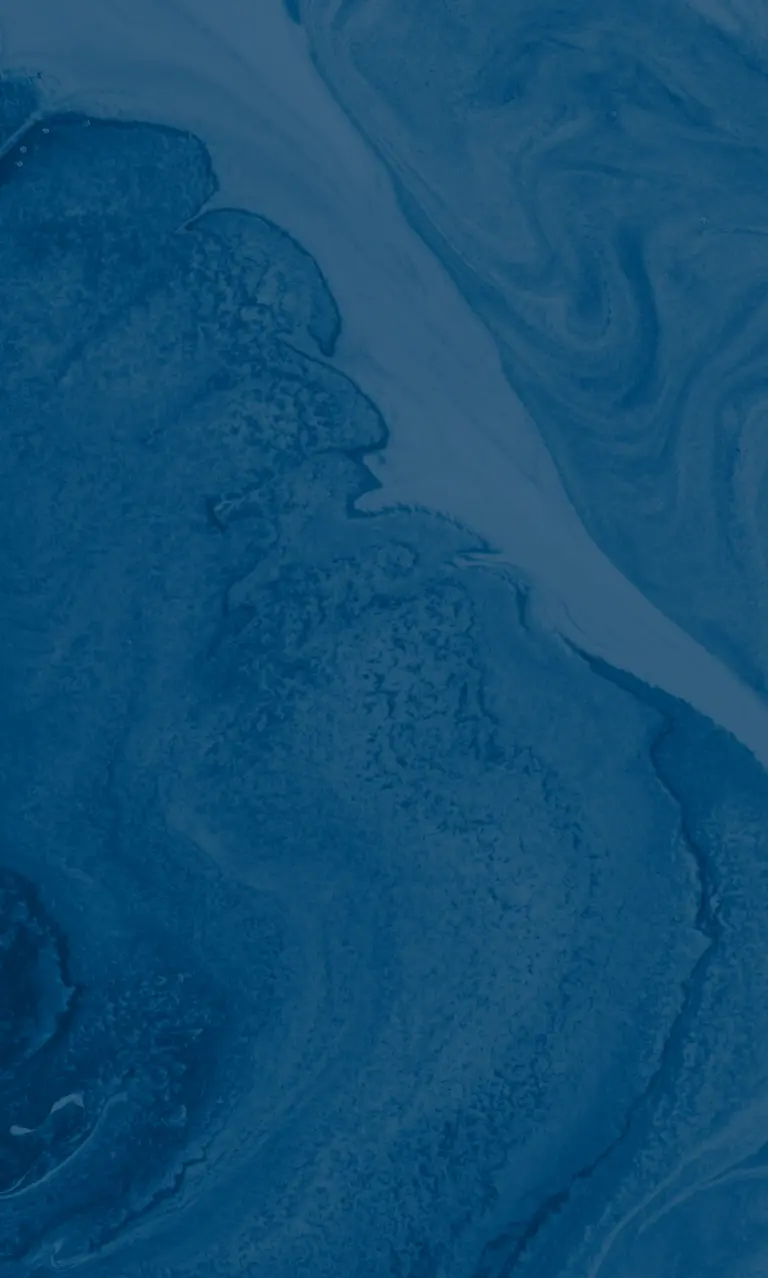Chaloupe A viable fishing industry: climate change and the dynamics of an exploited marine biodiversity
The effects of the fishing industry and of climate change have now been identified as key to trends in marine populations. These trends in turn affect fisheries. Fisheries develop against a backdrop of failure to regulate access to resources, leading to overfishing. They also change and react to increasing demand for marine products and an opening up of markets. Yet the scale of change observed over the past 20 or 30 years and the relative weighting of the various factors involved had not been quantified at regional level. These were the main aims of the CHALOUPE project.
Spin-offs and future developmentsThe project finished at the end of 2008, and diagnosed the changes observed, the factors in these changes and the conditions for a viable fishing industry. It covered three types of regional ecosystem: the temperate continental shelf in the Bay of Biscay, the tropical Amazon continental shelf in French Guiana, and the upwelling ecosystem on Morocco’s Atlantic coast. Its diagnosis was based on modelling systems, and on compiling and jointly analysing time series relating to the environmental conditions, the characteristics of populations and fisheries, the economics of fisheries, and developments in their management.
The project focused on strengthening collaboration between ecologists, fisheries scientists, economists, mathematicians and information scientists in order to develop integrated approaches to managing marine ecosystems.
Partners
Centres de recherche
- ENIB, Brest
- University of Portsmouth, Cemare, Portsmouth
- Cirad, Paris
- INRH, Casablanca
- UBO - Amure, Brest
- Ifremer, Brest [Porteur de projet]
- IRD, Bondy et Sète
Funders
- Agence Nationale de la Recherche
